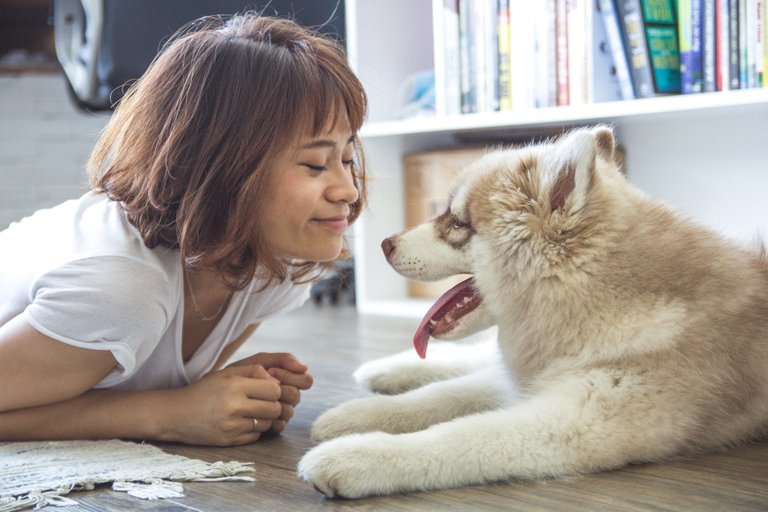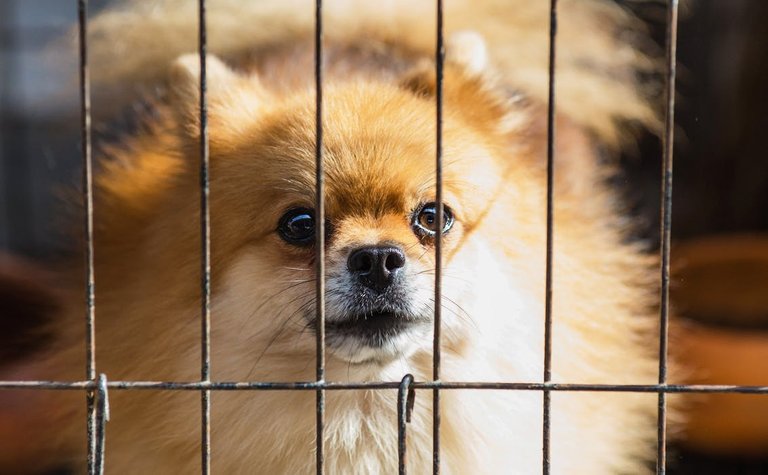
Your dog is a member of your family, and it's scary when you come to know that it's missing. When your dog passes away or get's lost, it's really tough. It can take people a long time to get over the grief.
I'm sure that any of us who've had pets can understand those feelings. You end up loving them like family.
If you own a dog, you probably know that there is a danger of losing your it. In preparation for losing your pup, you must take some precautions in advance.
If you are one of those who has already lost their dog and unable to find them, I'd suggest you read this article and follow all the tips before losing your hope. Most likely, you'll find your furry friend once again, so just stay calm and don't panic.
1 - Search your house carefully
It's probably the first thing most people do when losing their dog, but often time they'll just be sleeping or stuck somewhere in the house. Look carefully under the beds, and anywhere else a dog could have found their way into. Dogs usually like to choose a place with darkness to relax.

If you have a garden in the backyard, search carefully and especially between the bushes. It is possible that your dog is sleeping there. Ask every family member if they've seen your dog and if yes, when? If your family member saw your dog only a few minutes ago, that means your dog should be somewhere nearby.
2 - Search outside
Look for the paw prints of your dog if the terrain allows. If the paw prints are going to your garden, then you'll find your dog there. However, if they are going towards the main road, then it's sensible drive it slowly.
Ask your neighbors if they've seen your dog and if yes, when? Depending on the answers you get, asking neighbors may help you in calculating how far your dog could have gone.
3 - Call its name while searching
You should call your dog by its name while searching. It's likely your pup is searching for you too. Help him by giving him the voice signal that you're looking for him. The listening senses of dogs are much better than humans, so it is more likely that your dog will come out from somewhere by chasing your voice.
Listen for his bark because he may respond you by barking. Start your search right away. If not immediately, at least try to search within first few hours of losing your dog.
4 - Advanced measures
If you still haven't found your baby, call your local animal shelters. Often times they'll pick up dogs off the street and wait for the owners to get ahold of them. If they don't have your dog, contact them every day until you find your pup.

There's power in numbers. The more people you have looking for your dog, the better your odds of finding it. Put up "lost dog" signs around your neighborhood and offer a reward if you can. Make sure your signs have a picture of your dog as well as any descriptive features that will help people identify it. Don't forget to give people a way to get in contact with you!
5 - Preventative measures
Although these next tips won't help you if your pup is already lost, it is a great idea to get them done in case your dog gets lost.
First of all, get your dog a collar with a pet tag. Make certain that the pet tag has your information on it, so in case your pup gets lost, people will know where its home is located.
Also, consider getting your dog microchipped. It's an RFID chip that goes under the skin on the back of your dog's neck. If your dog is ever lost, the person who finds it can take your dog to any vet to see if it has a microchip. The computer database relating to the microchip will have your information so they know who to contact.

Interesting post @communitycoin at least now I can comfortably find my dog when out of sight.
First of all, get your dog a collar with a pet tag. Make certain that the pet tag has your information on it, so in case your pup gets lost, people will know where its home is located.
That's very true and very educative!
interesting post, my post dogs too, but are in spanish
good job dear..!
Great article. Couldn’t be write much better!
Keep it up!